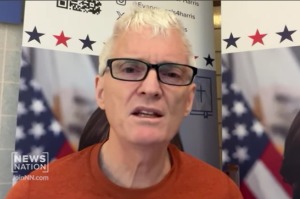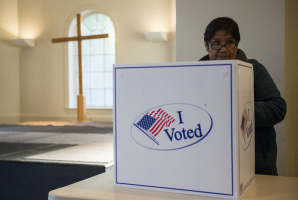Religious Broadcasters Reject New Bill
The National Religious Broadcasters rejected the Localism Reform in Broadcasting Act of 2005, which would shorten the term of a broadcasting license from eight years to three years.
Members of the largest association of religious broadcasters stood united Monday when they adopted a clear and hard stance against a new bill that would make it difficult for Christian radio stations and other religious broadcasters to operate and could limit religious expression.
The National Religious Broadcasters (NRB) held a national conference call Monday to urge its 1400 members (representing millions) to inform their congressman of their opinion.
The Localism Reform in Broadcasting Act of 2005, introduced by Rep. Louise Slaughter (D-NY) and Sen. John McCain (R-Ariz), would shorten the term of a broadcasting license from eight years to three years to allow more control over the content transmitted over public airwaves, according to the bill. If adopted, the bill would require broadcasters to file a copy of its programs list and children’s programming reports with the FCC every quarter.
NRB Vice President of Communications Robert McFarland stated, “This kind of legislation is especially dangerous because it places ‘public interest’ concerns under a microscope and empowers virtually anyone to say what is or is not in the ‘public interest.' It is imperative that we not allow those hostile to the Christian faith the opportunity to define preaching the Gospel as not being in the public interest.”
Standing for the bill was Representative Louise M. Slaughter who said during a session in the House of Representatives, that radio and television stations seem to have "forgotten" that the "American public" owns the airwaves on which they broadcast.
He cited a recent study that found local issues and political races comprised only 8 percent of the local evening newscasts in 11 of the nation's largest TV markets.
The NRB held a differing view. Not only would the new bill impose an "onerous" regulation on broadcasters, they said, but the bill broadens the definition of a “party of interest” to anyone who disagrees with religious broadcasting.
According to Bob Powers from the NRB, one of the sponsoring senators, Sen. McCain will no longer push the legislation.




























